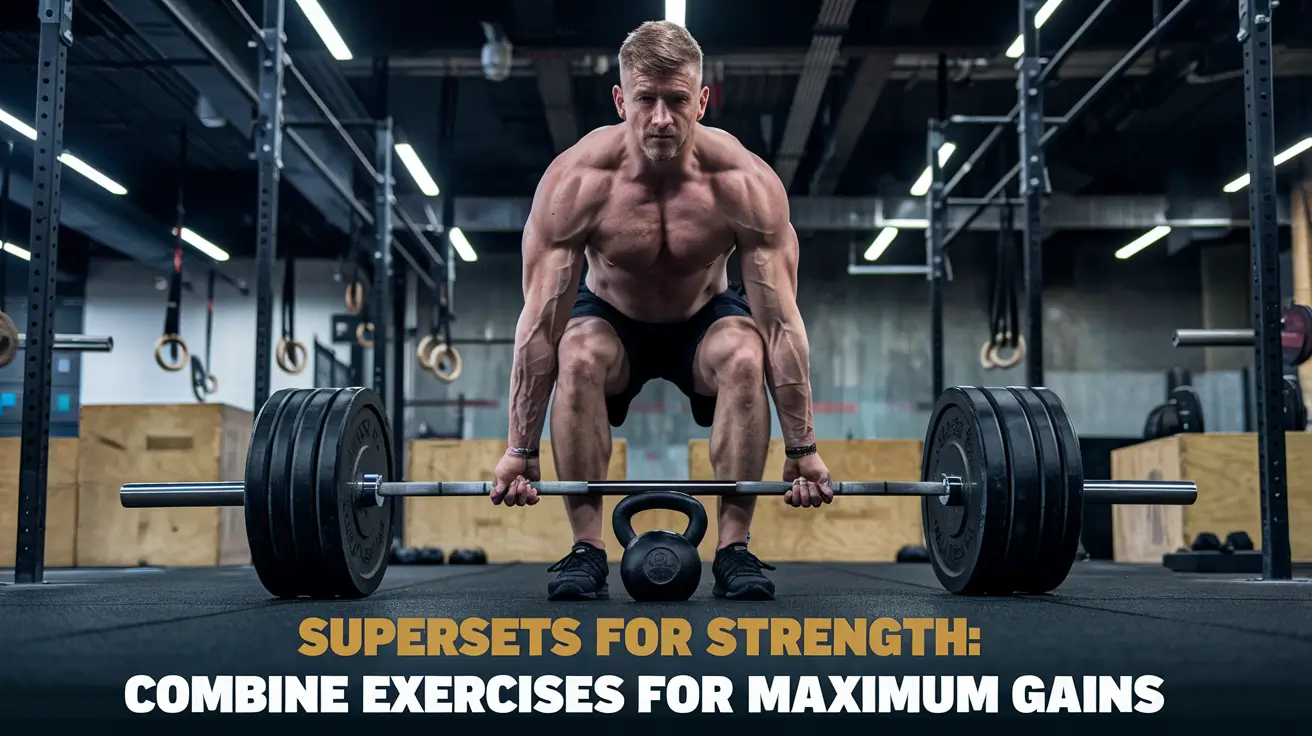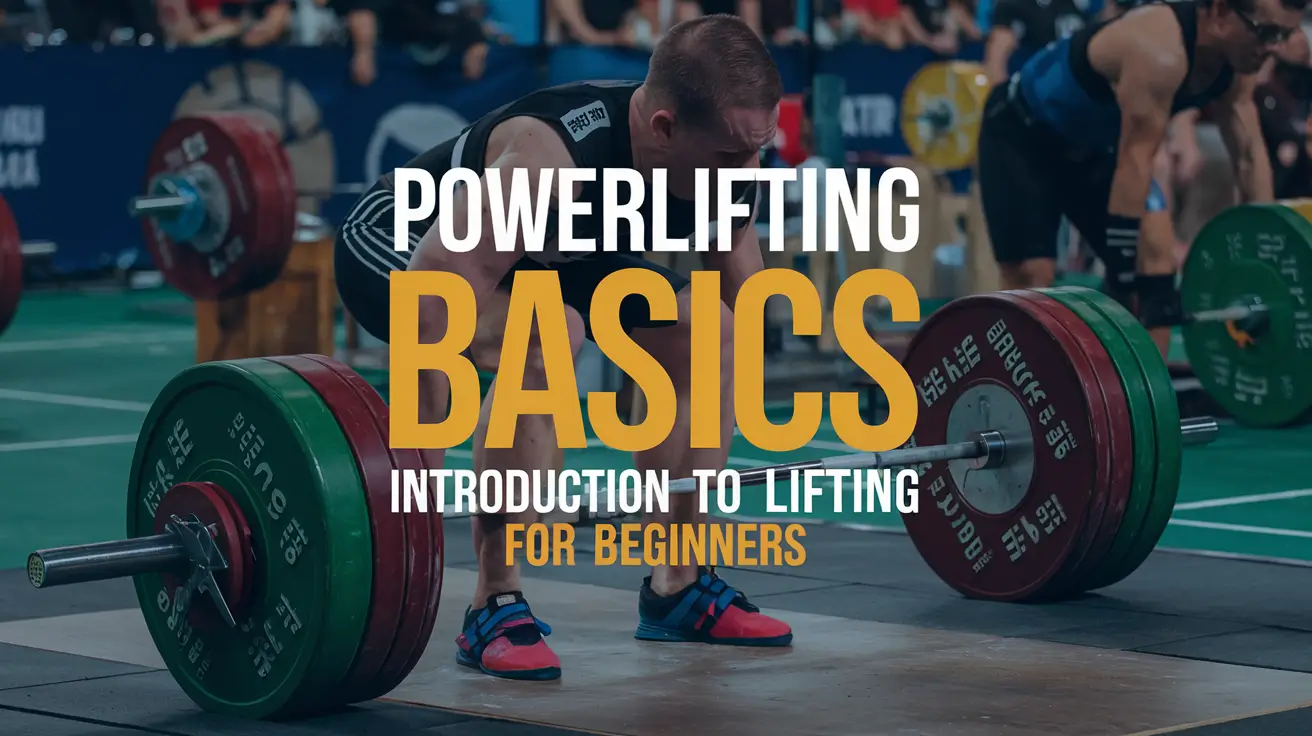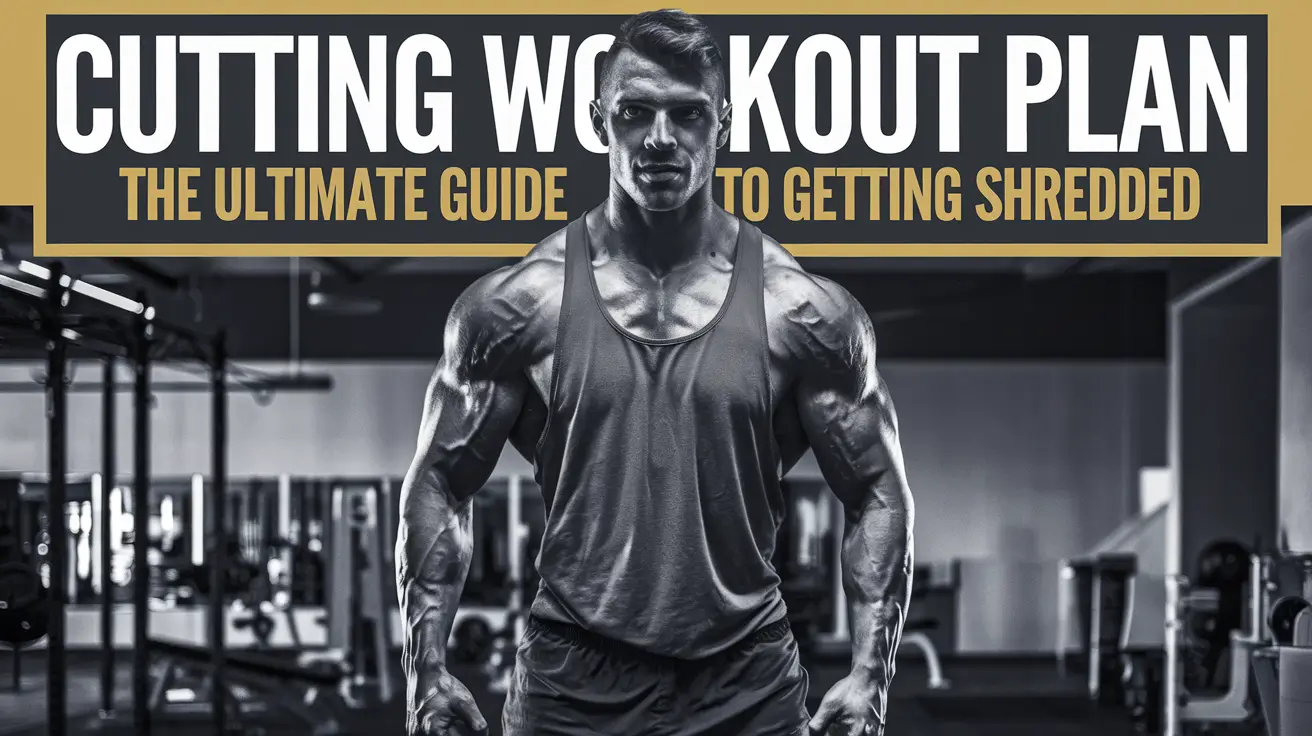Foundational Principles
Before diving into advanced methods, it’s crucial to master the fundamentals. These principles are not just for beginners; they are the bedrock upon which all successful training is built. Advanced techniques are only effective when applied to a solid foundation of consistency, recovery, and strategic progression. Ignoring these will lead to plateaus or injury, no matter how sophisticated your routine is.

Progressive Overload
The master key to all gains. Learn how to systematically increase the demands on your body to ensure continuous improvement.
Read More
Overtraining Syndrome
Advanced techniques are potent, but more is not always better. Understand the signs of overtraining to keep your progress sustainable.
Read MoreIntensity & Structuring Techniques
Ready to turn up the heat? These techniques manipulate sets, reps, and rest periods to increase workout density and intensity. They are perfect for saving time, breaking through stubborn plateaus, and introducing a new level of metabolic stress to stimulate muscle growth. Techniques like supersets and drop sets are designed to push your muscles beyond their normal limits.

Supersets for Strength
Pairing two exercises back-to-back with no rest is a time-efficient way to increase volume and intensity.
Read More
Drop Sets Explained
Push past failure by performing an exercise and then immediately reducing the weight to continue the set.
Read More
Pyramid Training
This method involves increasing or decreasing the weight and reps in a structured, pyramid-like fashion through your sets.
Read More
Circuit Training
A fast-paced workout where you move from one exercise to the next with minimal rest, great for conditioning and calorie burn.
Read More
Tabata Workouts
A form of high-intensity interval training (HIIT) with a specific structure: 20 seconds of all-out effort followed by 10 seconds of rest.
Read More
Eccentric Training
Also known as “negatives”, this focuses on the lowering phase of an exercise, which can stimulate significant muscle growth.
Read MoreSpecialized Training Modalities
Go beyond traditional lifting with these specialized training styles. From explosive plyometrics to the raw strength of powerlifting and the functional power of kettlebells, these modalities offer unique benefits. They can help you develop new skills, improve athleticism, and build a more well-rounded, resilient physique. Incorporating them can challenge your body in completely new ways.

Powerlifting Basics
Focus on the “big three” lifts—squat, bench press, and deadlift—to build foundational, raw strength.
Read More
Kettlebell Complexes
Flow from one kettlebell movement to the next without setting the weight down for an intense, full-body workout.
Read More
Blood Flow Restriction
Use special cuffs to safely restrict blood flow, allowing you to build muscle with significantly lighter weights.
Read More
Unilateral Training
Train one limb at a time to correct muscle imbalances, improve core stability, and increase functional strength.
Read More
Animal Flow Workouts
Improve mobility, flexibility, and body control with these ground-based, bodyweight movements.
Read More
Isometric Exercises
Develop static strength and muscle control by holding a position under tension without changing the muscle length (e.g., planks).
Read MoreMind, Body & Modern Fitness
Peak fitness isn’t just about physical strength; it’s about the powerful connection between mind and body. Modern fitness embraces a holistic approach, using technology and ancient practices alike to optimize performance. From biohacking your physiology to cultivating mental resilience through meditation, these strategies help you train smarter, recover better, and build a more integrated self.
10 Essential Advanced Training Tips
Applying advanced techniques requires intelligence and precision. Here are 10 actionable tips to ensure you’re using these methods safely and effectively to get the best possible results.
Master Form First
Never sacrifice proper form for intensity. Before applying a technique like drop sets or forced reps, ensure your form on the basic exercise is impeccable.
Use Techniques Sparingly
Advanced techniques are highly demanding. Don’t use them for every exercise in every workout. Apply them strategically to 1-2 exercises per session, often the last exercise for a target muscle group.
Prioritize Recovery
Increased intensity requires increased recovery. Pay extra attention to your sleep, nutrition, and stress levels when you’re pushing your limits with these methods.
Keep a Training Log
Track which techniques you’re using and how your body responds. This data is invaluable for understanding what works best for you and for avoiding overtraining.
Listen To Your Body (Biofeedback)
Pay attention to joint pain, prolonged soreness, and fatigue. These are signs you may need to back off. Don’t let your ego write checks your body can’t cash.
Choose the Right Exercises
Techniques like drop sets are safer on machines or with dumbbells than with heavy, complex barbell movements like squats or deadlifts where form breakdown can be dangerous.
Cycle Your Techniques
Don’t use the same intensity technique for months on end. Cycle them every 4-6 weeks to keep your body guessing and prevent adaptive resistance.
Focus on the Mind-Muscle Connection
With techniques like partial reps or isometrics, the quality of the contraction is everything. Focus intently on the target muscle to maximize the stimulus.
Warm-Up Thoroughly
Never jump into an advanced intensity technique cold. A proper warm-up increases blood flow, prepares the nervous system, and reduces the risk of injury.
Be Prepared
For techniques like drop sets or supersets, have your equipment ready to go. The goal is to minimize rest time, so preparation is key to executing them correctly.
Applying Techniques: Strength vs. Hypertrophy
Advanced techniques are not one-size-fits-all. The way you apply them should align with your primary goal. Are you training for maximal strength or for building muscle size (hypertrophy)?
For Pure Strength
- Technique Focus: Rest-Pause, Cluster Sets, and Eccentric (Negative) Reps are excellent choices.
- Execution: The goal is to move heavy loads with perfect form. Rest-Pause allows for more heavy single reps. Cluster sets help manage fatigue to maintain power output across a set.
- Rep Range: Keep reps low (1-5 per mini-set) and intensity high (85-95% of 1RM). The focus is on neural adaptations and force production.
- Best For: Compound movements like squats, bench presses, and overhead presses where maximal force is key.
For Maximum Hypertrophy
- Technique Focus: Drop Sets, Supersets, Giant Sets, and Partial Reps are king for muscle growth.
- Execution: The aim is to maximize metabolic stress and time under tension. These techniques push large volumes of blood into the muscle and fatigue a wide range of muscle fibers.
- Rep Range: Work in higher rep ranges (8-20+). The weight is a tool to achieve muscular failure and metabolic fatigue, not an end in itself.
- Best For: Isolation and machine exercises where you can safely push to failure without significant risk of injury.
Avoid These Advanced Training Pitfalls
The road to advanced fitness is paved with potential mistakes. Being aware of these common pitfalls is the first step to avoiding them and ensuring your hard work in the gym translates to real, sustainable results.
Ego Lifting
Don’t sacrifice technique to lift heavier weight. Poor form is the fastest way to get injured and nullify the benefits of any advanced technique.
Chronic Overtraining
Applying too much intensity, too often, without adequate recovery. This leads to burnout, performance decline, and potential injury. Remember, muscles grow during rest, not during training.
Program Hopping
Constantly switching between different techniques and workouts without giving your body a chance to adapt. Stick with a structured plan for at least 4-6 weeks to see real progress.
Neglecting the Basics
Focusing on flashy techniques while neglecting sleep, nutrition, and foundational strength. You can’t build a skyscraper on a foundation of sand.
Supercharge Your Results
Advanced training demands optimal recovery and hormonal support. These top-tier supplements are designed to help you maximize muscle growth, boost natural hormone production, and recover faster, ensuring your hard work translates into real results.
HyperGH 14X
Supports natural HGH release to improve muscle tone, recovery, and energy levels.
Learn MoreDisclosure: Purchasing through our links may earn us a commission, at no additional cost to you. Thank you for your support.
Frequently Asked Questions
Who should use advanced training techniques?
These techniques are for intermediate to advanced lifters who have a solid foundation in basic strength training and proper exercise form.
How often should I use techniques like drop sets or supersets?
These are not meant for every exercise. A good rule of thumb is to apply an intensity technique to only one or two exercises per workout, typically for the last set of that exercise. Overusing them can quickly lead to overtraining and diminish your recovery capacity.
Can I combine different advanced techniques in one workout?
Yes, but it should be done with caution. For example, you might use eccentric reps on a heavy compound lift at the beginning of your workout and then use a drop set on an isolation exercise at the end. It’s generally not recommended to apply multiple techniques to the same exercise. Start with one and see how your body responds.
What’s the difference between a superset and a compound set?
A superset typically involves training two opposing muscle groups back-to-back, like a set of bicep curls followed immediately by a set of tricep pushdowns. A compound set involves training the same muscle group with two different exercises back-to-back, like a set of bench presses followed immediately by a set of dumbbell flyes.
Is there a risk of injury with these techniques?
Yes, the risk is higher than with traditional training, primarily because they push you closer to muscular failure where form is most likely to break down. This is why mastering proper form first is non-negotiable. It’s also crucial to choose appropriate exercises; for instance, performing drop sets on a leg press machine is much safer than on a heavy back squat.
Go Beyond Your Limits
You now have a powerful arsenal of advanced training techniques to shatter plateaus and accelerate your progress. Remember that these are tools, and like any tool, they must be used with intelligence, precision, and respect for the fundamentals. By integrating these methods wisely, listening to your body, and prioritizing recovery, you can unlock a new level of physical prowess. Now go and build a stronger you.
Explore All Training Guides











